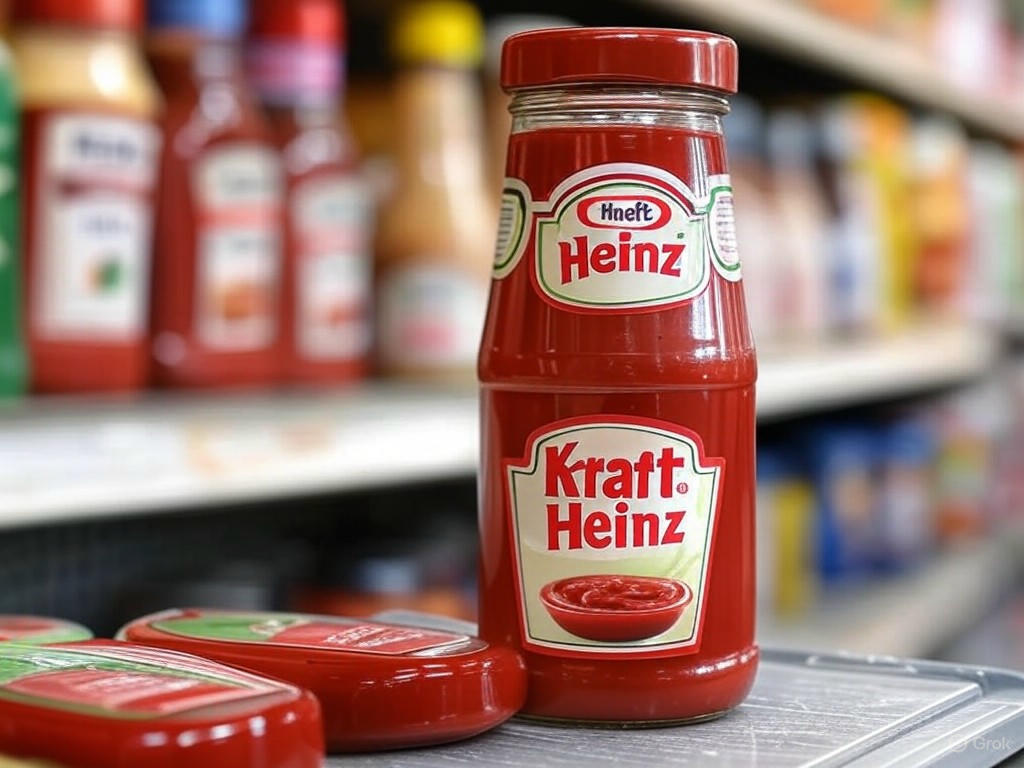Kraft Heinz Goes Natural: A Bold Move to Eliminate Artificial Dyes
In a groundbreaking shift for the food industry, Kraft Heinz has announced a sweeping decision to eliminate all artificial dyes from its extensive product lineup. This move comes amidst growing public concern over the safety of synthetic food colorings and aligns with recent calls for stricter regulations from influential voices in health policy, including Robert F. Kennedy Jr., who now heads the US Department of Health and Human Services. The company, known for iconic brands like Kraft Mac & Cheese and Heinz ketchup, is setting a new standard for transparency and consumer trust in an era where ingredient lists are under intense scrutiny.
The decision reflects a broader trend among food manufacturers to prioritize natural alternatives as consumers demand cleaner, more wholesome products. Artificial dyes, often used to enhance the visual appeal of processed foods, have long been criticized for potential health risks, including links to behavioral issues in children and other adverse effects. While scientific consensus on these risks remains debated, the tide of public opinion has shifted, with many shoppers opting for products free from synthetic additives. Kraft Heinz’s commitment to phasing out these colorings signals a proactive response to these concerns, positioning the company as a leader in the push for safer, more natural food options. The transition will involve reformulating recipes to incorporate plant-based or naturally derived colors, a process that may pose logistical challenges but is expected to resonate deeply with health-conscious consumers.
This pivot also highlights the growing influence of regulatory and advocacy voices in shaping corporate policies. Under the leadership of figures like Kennedy, who has been vocal about the need to overhaul food safety standards, the pressure on major food producers to adapt has intensified. Kraft Heinz’s announcement is seen by industry analysts as a strategic move to stay ahead of potential mandates while rebuilding trust with a skeptical public. Beyond the immediate impact on its product portfolio, the company’s actions could inspire other giants in the sector to follow suit, potentially transforming the landscape of packaged foods. As Kraft Heinz rolls out these changes, it will likely face the dual challenge of maintaining the vibrant appeal of its products while ensuring affordability—a balancing act that will test its innovation capabilities.
Looking ahead, this development marks a significant chapter in the ongoing dialogue about food safety and corporate responsibility. Kraft Heinz’s bold step to eliminate artificial dyes is more than a policy change; it’s a statement of intent to prioritize consumer well-being over traditional manufacturing practices. As the company navigates this transition, the eyes of the industry and the public will be watching closely. Will this usher in a new era of transparency for processed foods, or will it remain an isolated gesture? Only time will tell, but for now, Kraft Heinz has taken a decisive stand in the fight for a healthier food future.


